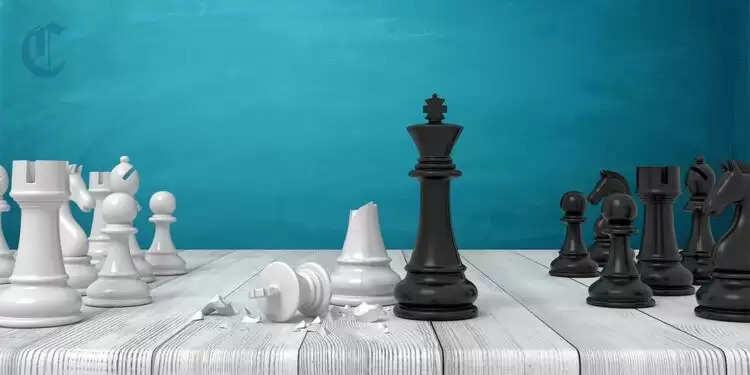Top 10 Chess Tips For Beginners

Embarking on a chess journey can be daunting, filled with blunders and traps. Yet, perseverance yields a treasure trove of wisdom applicable both on and off the board. If you're just setting out on your chess odyssey, these ten tips for novice chess players are here to guide you.
1. Grasp the Reasoning Behind Openings

Source image : https://www.chessjournal.com
While having a few openings in your arsenal is useful, it's more beneficial for beginners to understand the logic behind opening moves. Understanding why a pawn advances or a knight occupies a specific square is more valuable than memorizing specific openings. Playing with opening principles in mind will lead to discovering various openings through experience.
2. Engage Your Brain – Think Before You Move

Image Source: https://www.chess.com
Relying solely on intuition can be tempting for beginners, but it's crucial to calculate your moves as well. Calculating lengthy variations will sharpen your intuition for future games and enable you to focus less on simple moves. Consider using a tactics trainer that doesn't impose time limits, allowing you to think as long as needed to find the right move.
3. Diversify Your Time Controls
In line with the previous tip, vary your time controls. Novices often gravitate toward fast-paced games, finding solace in swift victories and avoiding 10-15 minute struggles. However, it's essential to intersperse rapid or classical games into your routine. Excessive blitz/bullet play can hinder your ability to calculate longer variations and impact your understanding of openings and endgames.
4. Hone Your Tactical Skills
Tactics reign supreme in chess. Every facet, from openings to endgames to evaluating middle-game positions, hinges on tactical understanding. Establish a daily schedule for practicing tactics on platforms like Lichess or Chess.com.
5. Utilize Free Online Resources
A plethora of chess websites offer free access to tactics, lessons, opening preparation, and more. Find a platform that resonates with you and engage in daily lessons. Having someone guide you through moves is invaluable. Additionally, there are numerous YouTubers and Twitch streamers who provide free educational content. If you're willing to invest a bit, consider premium accounts and private lessons.
6. Exercise Caution with Your Queen Early On
The allure of the queen, the most potent piece in chess, can ensnare novice players. While it may be tempting to involve the queen early and seek immediate attacks, it's often wiser to reserve her for a support role, bolstering your minor pieces until the middle game when she can truly shine.
7. Proceed Cautiously with the F Pawn
Many grandmasters advise against early F pawn movements, a sage guideline for novices. Shifting the F pawn early exposes a perilous diagonal to the king, often leading to favorable tactics for your opponent. Later in the game, this can impede kingside castling and invite dangerous checks on the diagonal. Exercise caution with F pawn advances unless you're confident your opponent's queen and bishop won't exploit the weakness.
8. Embrace Tension in the Position
When two pawns have the opportunity to capture each other, it creates tension. Novices sometimes shy away from such tension due to the complexity it introduces. However, leaving pawns with the option to capture fosters critical positions. Don't fear retaining tension while developing other pieces and preparing for future attacks. The Queen's Gambit, a well-known opening for beginners, thrives on this concept.
9. Dare to Break the Rules
Chess is a canvas for creativity. While beginner guidelines are valuable, many rules are meant to be challenged. Occasionally, pushing the F pawn or deploying the queen early can be the right course of action. This is where mastering calculation and tactics becomes invaluable, enabling you to tread the edge, defy conventions, and still play a flawless game.
10. Persevere in Your Chess Journey
Learning chess is rewarding, but it can also be frustrating at times. Balancing fun and learning is essential. The more you learn, the more enjoyable chess becomes, and the more fun you have, the more you learn. Always remember that chess is a game, and it should bring joy. If frustration creeps in, take a break and return later. Above all, never give up on learning chess, as the skills acquired can enhance various aspects of your life.



